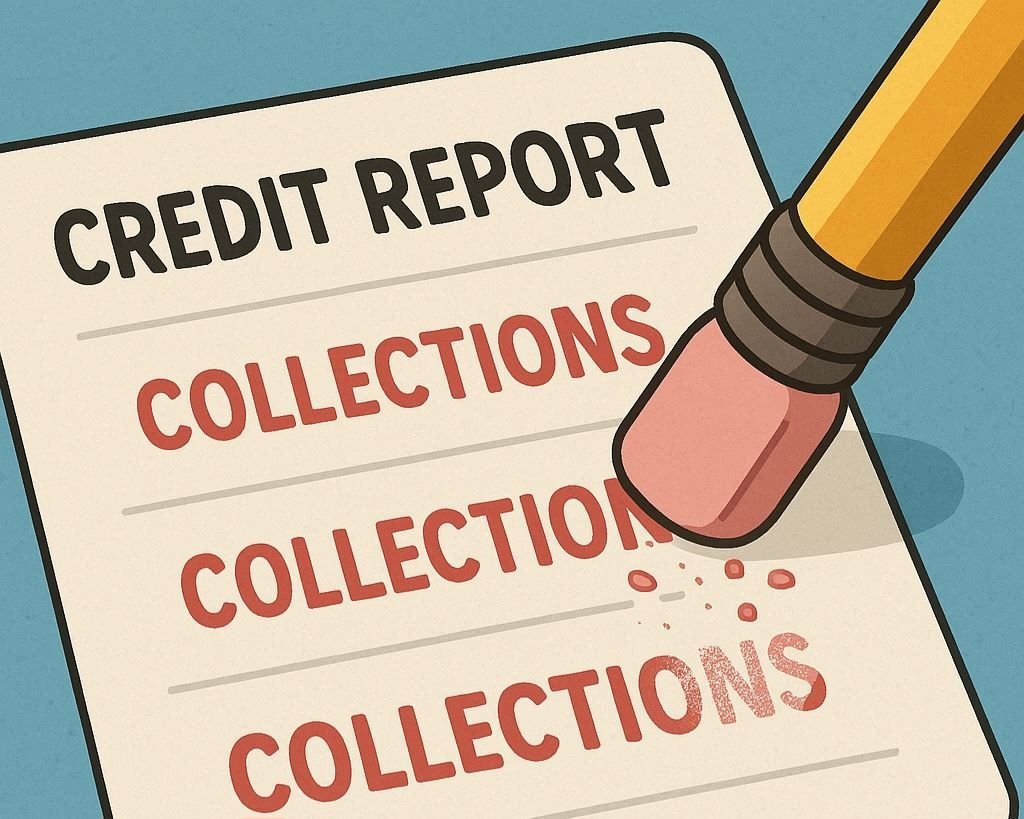What Happens to Your Credit When You Close a Credit Card?
Closing a credit card can feel tidy—one less bill to track, fewer temptations to overspend. But from a credit score perspective, shutting down a card can change multiple parts of your profile at once. This guide explains what happens, when it might make sense to close a card, and how to do it with minimal credit damage.
Quick answer
Closing a credit card won’t erase it from your history, but it can reduce your available credit and shorten your average account age over time. Those two shifts—utilization and history—are the main ways your score may drop.
How closing a card affects credit utilization
Credit utilization is the share of your revolving credit limits you’re using. Lower is better. When you close a card, your limit shrinks, and if balances stay the same, your utilization ratio goes up—lowering your score.
Example: You have $5,000 in balances with $20,000 in limits (25% utilization). Close a card with a $10,000 limit, and your limit drops to $10,000—utilization jumps to 50% even with no new spending.
Length of credit history
Closing a card doesn’t delete its history immediately; closed accounts can remain for years. But when they fall off, they no longer help your average age of accounts. Closing an old card can cause a later drop.
Annual fees vs. credit health
Sometimes a fee outweighs the perks. Options include:
- Product change: Switch to a no-fee version to keep the history and limit.
- Retention offer: See if the issuer will give you a credit or bonus to keep it.
- Reduce the limit: Keep the card but lower the temptation to spend.
Store cards and low-use strategy
Store cards help utilization if there’s no fee. Make a small purchase every few months to avoid closure for inactivity.
When closing a card can make sense
- High annual fee with no downgrade path
- Security concerns the issuer won’t resolve
- Problem spending that affects your budget
How to close a card with minimal score damage
- Pay down balances to keep utilization low.
- Ask for a product change or limit transfer.
- Redeem rewards and remove autopays.
- Confirm it’s reported as “closed by consumer.”
FAQ
Will closing remove late payments?
No. Late payments remain for up to seven years. However, you could negotiate a pay-for-delete agreement with your debt collector.
Close before a mortgage?
Avoid it—any score drop can hurt your approval odds.
Issuer closed it?
Prevent this by making small periodic charges and paying them off.
Bottom line
Closing a card isn’t automatically bad, but it can raise utilization and shorten history. If there’s no fee, keeping it open with small occasional charges can help your score. If you must close it, pay down balances, shift limits where possible, and time it away from big applications.





